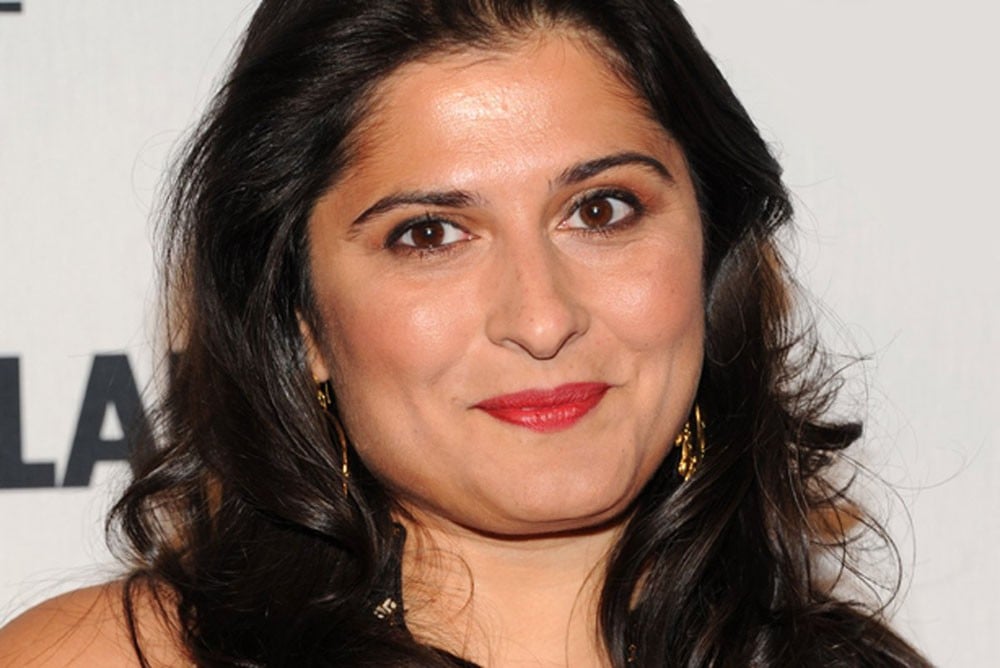

Dear All,
All the discussion around documentary film maker Sharmeen Obaid Chinoy’s film on honour killing -- after it won her a second Oscar last month -- reminded me of a similar debate on a similar film 17 years ago.
Obaid-Chinoy’s film ‘A Girl in the River’ traces the plight of a girl who survives an honour killing, her family having dumped what they thought was her dead body into the river. The girl not only survives but also embarks on a quest for justice. Since the filmmaker’s first Academy award winning film (Saving Face) was also about harmful, sadistic practices (revenge acid attacks) prevalent in a misogynistic society in Pakistan, much criticism of her and her work fuelled social media forums after this new award, and one of the main criticisms was basically that it was disgraceful that she should publicise things that would ‘bring the country into disrepute.’
The view that secrecy and lies -- even about abusive practices -- are preferable to disclosure and reform pops up in the most unexpected quarters, and often those who articulate this view are quite educated, urban professionals.
In 1999 a BBC/Olenka Frenkiel documentary ‘Murder in Purdah’ tackled the same subject and contained some truly chilling interviews with an incarcerated father and brother who had murdered their daughter/sister ‘for honour’. BBC World was fairly nervous about possible violent reaction to the film by religious groups in Pakistan so they arranged to have a televised panel discussion around the screening. Professor Akbar S Ahmed and I were on that panel and so we spewed forth our words of wisdom -- him on the traditional, cultural context and I on the illegality and misogyny involved.
Later, I mentioned this to a Pakistani journalist friend who was now living in the UK. Her response was unexpected and shocking. ‘You shouldn’t have had anything to do with it’ she told me, ‘films like that ruin our image and they complicate things for us here in this country!’ I was taken aback by this rather self-serving view and replied that the film makers had not fabricated events and that this brutal practice existed and needed to be exposed. But she continued to insist that it was a deliberate smear campaign. This independent, seemingly rational woman had grown up in Pakistan, been in journalism for many years and even had some European parentage so you’d think she might have taken a more objective view, but she insisted on this sort of denial. To me this was truly shocking.
Equally shocking was an interview with the PML minister Tehmina Daultana in the 1999 film where she blatantly denied that women were easily victimised because of the existence of the (ancient Islamic) Hudood laws brought into Pakistan by the military dictator General Zia-ul-Haq. I was aghast to see that the interviewer didn’t even challenge her as Tehmina Daultana herself had been personally targeted through just these laws. After she was first elected, Daultana’s first husband had registered a Zina case against her, claiming that she was still married to him and therefore was guilty of ‘living in sin’ (i.e having a sexual relationship) with the man who was her second husband.
This woman politician had herself been a victim of these misogynistic laws yet here she was denying that they were in any way anti-women!
The truth of the matter is that laws don’t seem to matter to those whose class, wealth or social position usually allows them to trump such litigation. But educated women in positions of power have a responsibility to legislate or influence public opinion on such matters; they shouldn’t consider themselves immune or insist on remaining in denial.
We need action -- not denial.
Best wishes